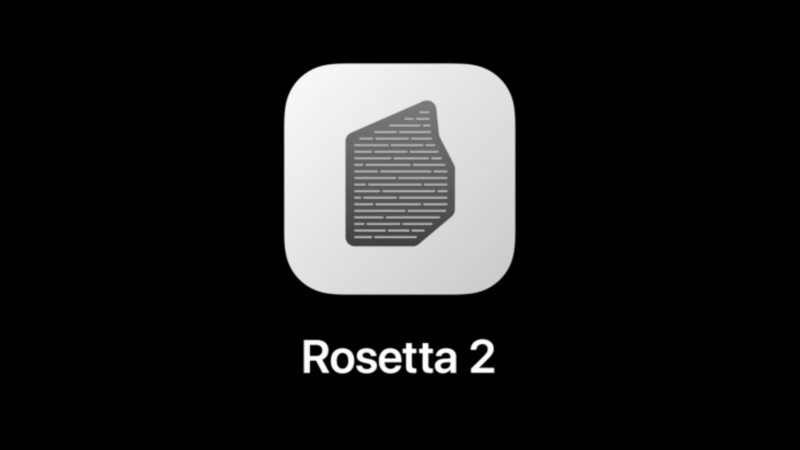Source: Engadget
Article note: I have low hopes for any kind of reasonable data privacy policy in the US, but it's a lovely idea.
Politicians are determined to put a stop to brokers who compromise privacy by selling your data. Motherboard has learned Elizabeth Warren and other senators are introducing a bill, the Health and Location Data Protection Act, that would ban brokers from selling or transferring a person's medical and positional info outside of limited circumstances. The main exceptions would include HIPAA-compliant activities (such as sharing patient records between facilities) and First Amendment-protected speech.
The legislation would also give the Federal Trade Commission $1 billion over the next decade to help fund enforcement. The FTC, state attorneys general and individuals would also have the power to sue and seek injunctions. Bill cosponsors include longtime data privacy advocate Ron Wyden as well as Bernie Sanders, finance committee chair Patty Murray and HELP committee chair Sheldon Whitehouse.
The act comes in response to numerous instances where companies and government bodies violated privacy by purchasing data through brokers. Bounty hunters bought location data from carriers, for instance, while Google banned a company last year for allegedly selling Android location data indiscriminately. Critics have also accused agencies like ICE and the Secret Service of buying location info through brokers to get data that would normally require a warrant. At the same time, lawmakers are worried about access to abortion seekers' data when the Supreme Court is expected to overturn Roe vs. Wade. This measure could limit anti-abortion politicians and activists hoping to target patients.
Protection bills like this aren't new. Wyden's stalled Fourth Amendment is Not for Sale Act would require agencies to obtain warrants for location data. This would represent one of the most sweeping data controls yet if it became law, however, and reflects mounting opposition to companies that profit from trading sensitive content.




